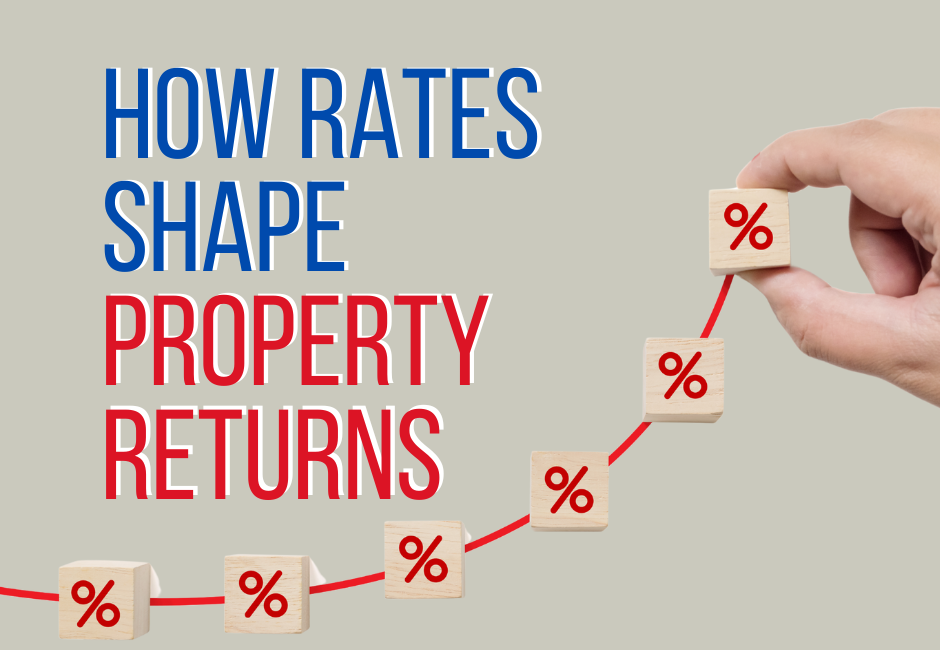
Home Loan Approval Checklist for Investors
The Ultimate Checklist for Getting Your Home Loan Approved as an Investor
Securing a home loan as an investor can be a daunting task, especially with the number of documents and requirements that must be met. Whether you are purchasing your first investment property or expanding your portfolio, a successful loan application depends largely on the preparation and documentation you provide. The key to getting approved is understanding exactly what lenders are looking for and ensuring you meet these criteria.
In this guide, we provide the ultimate checklist for getting your home loan approved as an investor. From financial documentation to understanding lender requirements, we’ll take you through the essential steps to improve your chances of success and secure the funding you need to grow your property portfolio.
1. Understand Your Lender’s Criteria
Before you even begin gathering documents, it’s important to understand what lenders will look at when assessing your application. Property investors are seen as a higher risk than owner-occupiers because of the additional financial pressures associated with investment properties, such as fluctuating rental income and maintenance costs. To improve your chances of approval, it’s vital to meet or exceed the following criteria:
- Credit History: Lenders will assess your credit score to determine your creditworthiness. A high credit score demonstrates that you are financially responsible, making you a more attractive borrower.
- Income Stability: Lenders want to see that you have a stable and reliable income to cover your loan repayments. They will assess your employment history and current income levels.
- Existing Debts: Your debt-to-income ratio is crucial. Lenders will examine any existing loans and liabilities to determine if you can comfortably take on additional debt.
- Deposit and Equity: The amount you can contribute upfront or the equity in your current properties can influence your approval chances. A higher deposit reduces the lender’s risk.
Having a clear understanding of these criteria will help you prepare the necessary documents and ensure you’re in a strong position when applying for your loan.
2. Gather Essential Financial Documents
When applying for a home loan, lenders will require a variety of documents to assess your financial situation. These documents help lenders evaluate your income, expenses, assets, and liabilities. The more thorough and organised your documentation, the smoother the approval process will be.
Income Verification
Lenders need proof of your income to ensure you can afford the loan repayments. Here’s what you’ll typically need:
- Payslips: Most lenders will require your last two or three payslips to verify your current income.
- Tax Returns and Notices of Assessment: If you are self-employed or have additional income from investments, you will need to provide your most recent tax returns and Notices of Assessment. These documents help lenders assess your income over the past year.
- Bank Statements: Lenders will likely request several months of bank statements to ensure you have a stable income and track your spending habits.
- Additional Income: If you receive income from rental properties or other investments, provide documentation such as rental income statements, dividends, or trust distributions.
Employment Verification
- Employment Contract: If you’re employed full-time or part-time, lenders may ask for a copy of your employment contract to confirm your role and the duration of your employment.
- Self-Employed Documents: If you’re self-employed, you will need to provide more comprehensive evidence of income, such as profit and loss statements, business activity statements (BAS), or financial statements.
Assets and Savings
- Proof of Deposit: Lenders typically require a deposit of at least 5% to 20% of the property’s purchase price. You’ll need to show where the deposit is coming from, whether it’s savings, a gift, or equity from another property.
- Superannuation Statements: While not always required, providing recent superannuation statements can help show lenders that you are financially responsible and have assets to back up your application.
- Additional Assets: If you own other valuable assets, such as vehicles, shares, or other properties, be sure to include evidence of these, such as asset valuations or titles.
Liabilities and Expenses
- Existing Loans: Lenders need to see details of any current loans or credit facilities, such as personal loans, credit card debt, or car loans. This is crucial in calculating your debt-to-income ratio.
- Living Expenses: Lenders will ask for a detailed breakdown of your living expenses, including rent or mortgage payments, utility bills, groceries, and other monthly costs. Keep a record of your monthly expenses and try to reduce unnecessary spending ahead of your application.
Credit History
- Credit Report: Lenders will assess your credit report to see if you’ve had any past issues with debt. A high credit score is essential for securing the best loan terms. If your score is low, consider taking steps to improve it before applying, such as paying down outstanding debt or disputing any errors on your credit report.
3. Choose the Right Loan for Your Investment Strategy
Lenders offer a range of loan products, each suited to different investment strategies. To improve your chances of approval, it’s essential to select the right loan type based on your investment goals and financial position. Here are some options to consider:
- Interest-Only Loans: Interest-only loans allow you to pay only the interest on your mortgage for a set period (typically 1-5 years), which can help improve cash flow, especially if you’re looking to maximise rental returns. However, lenders may have stricter criteria for approval due to the higher risk involved.
- Principal and Interest Loans: These loans require you to pay both the principal and interest, which helps reduce the overall loan balance over time. These are generally seen as less risky by lenders and may offer more favourable approval conditions.
- Fixed vs. Variable Loans: Fixed-rate loans offer stability with predictable repayments, while variable loans offer more flexibility with the potential for interest rate reductions. Some investors may prefer a fixed rate for the stability it offers, while others may opt for a variable rate to take advantage of falling rates.
Choosing the right loan product that aligns with your financial goals will improve your approval chances, as lenders appreciate when applicants have a clear strategy in place.
4. Prepare for the Valuation Process
Once your loan application has been submitted, the lender will typically require an independent property valuation to determine the value of the property you’re purchasing. A positive valuation can increase your chances of approval. Here’s how to prepare:
- Research the Market: Have an understanding of property values in the area and recent sales to ensure the valuation aligns with market trends.
- Present a Well-Maintained Property: If you are refinancing or purchasing a property that you already own, make sure the property is well-maintained. A clean, well-presented property can help ensure a higher valuation.
5. Consider Using a Mortgage Broker
While many investors choose to go directly to lenders, working with a mortgage broker can provide several benefits:
- Access to a Wide Range of Lenders: Brokers have access to a broad network of lenders and loan products, allowing you to compare rates and terms more effectively.
- Expert Advice: Mortgage brokers are experts in navigating the loan approval process and can help you identify the best loan products based on your financial situation.
- Streamlined Process: Brokers can help you compile and submit your paperwork, ensuring that everything is in order and that your application meets the lender’s requirements.
By working with a broker, you can save time and avoid costly mistakes, which can increase your chances of securing a loan.
6. Improving Your Financial Position Before Applying
If your application isn’t immediately successful, or if you want to improve your chances of approval, consider taking the following steps to strengthen your financial position:
- Save for a Larger Deposit: The larger your deposit, the less risk the lender takes on, and the better your chances of approval. Aim for a deposit of at least 20% to avoid paying lenders mortgage insurance (LMI).
- Reduce Existing Debt: If possible, pay down outstanding debts, particularly high-interest debts like credit cards, to improve your debt-to-income ratio.
- Increase Your Income: If you have the opportunity, look for ways to increase your income. Lenders are more likely to approve your application if they see that you have a steady and reliable income stream.
- Check Your Credit Score: Regularly check your credit report to ensure it is accurate. If there are any discrepancies, resolve them before applying for a loan.
Securing a home loan as an investor can be a complex and competitive process. However, by carefully preparing your documents, choosing the right loan for your needs, and improving your financial position, you can significantly increase your chances of approval.
The key is to demonstrate to the lender that you are a reliable borrower who has a solid financial plan in place. By following this ultimate checklist and taking the necessary steps to prepare, you’ll be in a strong position to secure the funding you need to build and expand your property portfolio.
Unlock the secrets to getting your home loan approved as a property investor. This ultimate checklist covers key documents, preparation steps, and expert tips to improve your chances of approval and secure funding for your next investment property.




